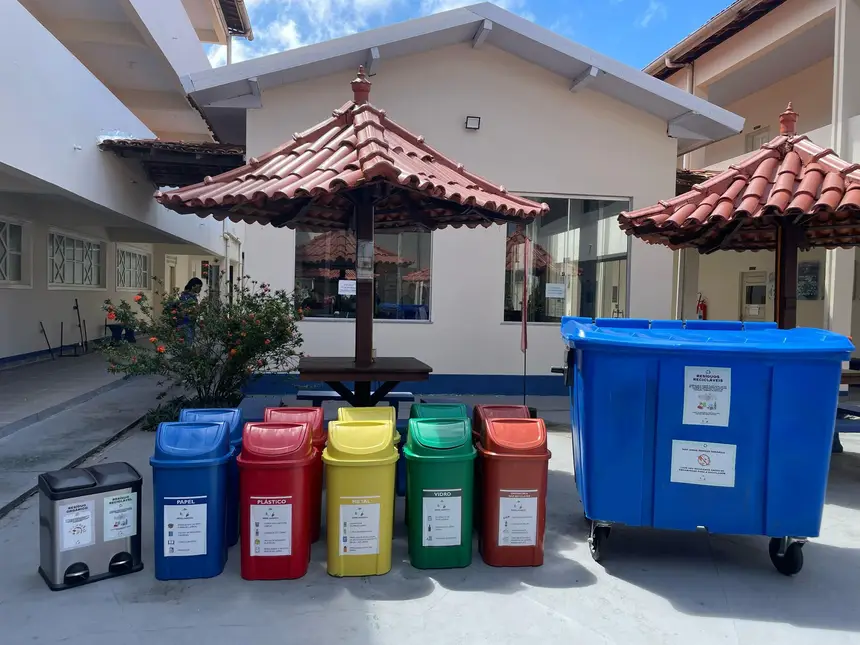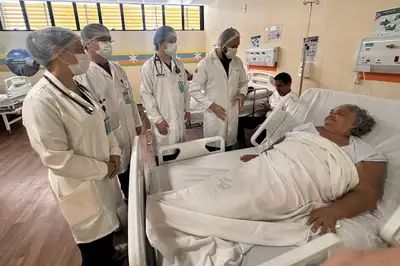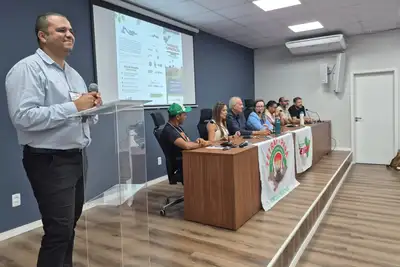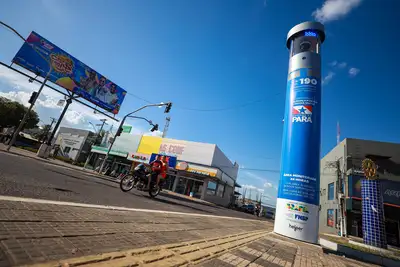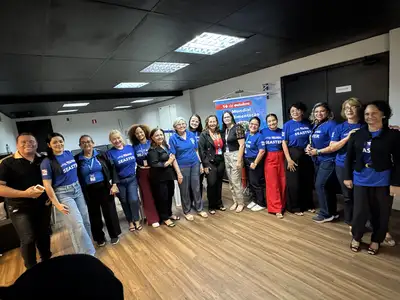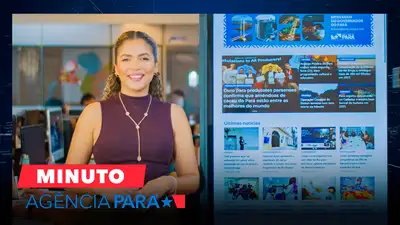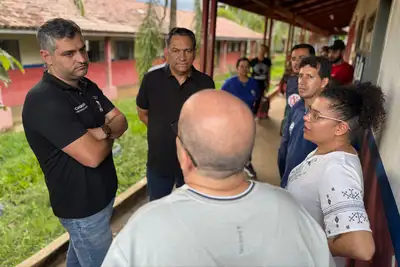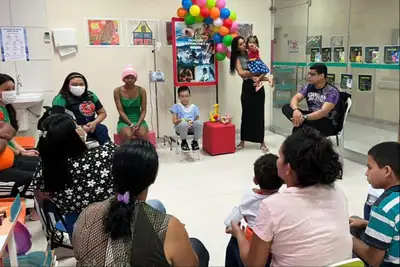Sustainable actions are being developed at the State University of Pará
The institution highlights initiatives that have been implemented to reduce waste production and promote more sustainable practices on its campuses
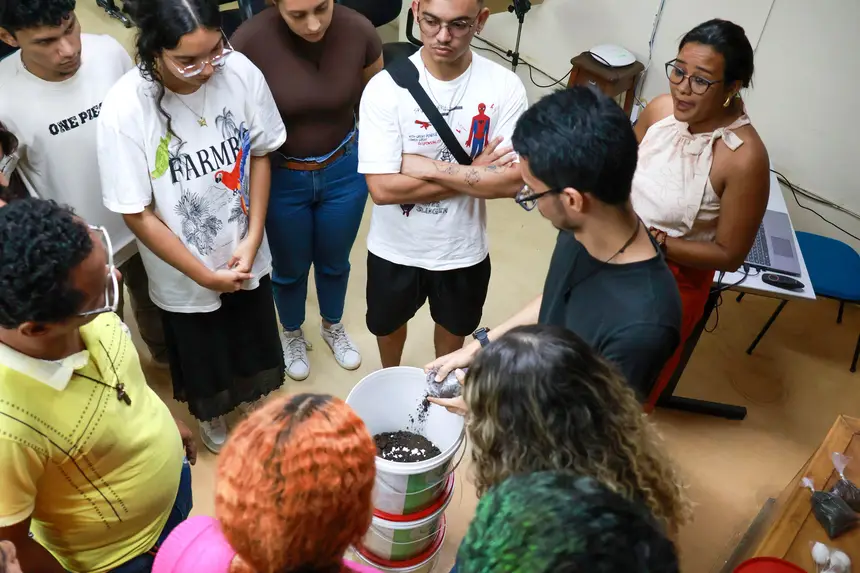
On World Cleanup Day, celebrated tomorrow, the 20th, the State University of Pará (Uepa) highlights the initiatives that have been implemented to reduce waste production and promote more sustainable practices on its campuses.
Among the measures, the institution has advanced in discussions about the proper disposal of construction waste, through a meeting between the Coordination of Architecture and Engineering of Uepa and the Alachaster Institute, with which it maintains a cooperation agreement. The dialogue aims to align strategies that enable more responsible management of waste generated from construction works carried out at the university. For Soraya Costa, vice president of the Alachaster Institute, this is the moment when "we need to give proper disposal to construction waste." The solution may come from contractual requirements that encourage service providers to have the conditions for the correct disposal of waste.
During the 2nd Environment Week, held in June with the theme "Waste management and climate change: the role of Uepa, COP 30, and the commitment to a sustainable future," Ecopoints were implemented on all campuses in the capital and Voluntary Delivery Points (PEVs) for the collection of cooking oil at the Center for Social Sciences and Education (CCSE) and the Center for Biological and Health Sciences (CCBS). The program also included composting workshops, such as the activity "Homemade Composting: Principles and Assembly," which presented accessible ways to reduce organic waste and transform it into natural fertilizer.
The Uepa Environmental Program has played a central role in these actions. Focusing on education and awareness, the program encourages the practice of selective collection and disseminates the 8 R's of sustainability, in addition to supporting events such as SEBio 2025, where lectures on waste management and climate change were promoted, as well as the collection of electronic waste.
Another important front was the meeting with the Zero Waste Institute, which discussed possibilities for technical cooperation to strengthen the culture of reduction, reuse, and recycling within the university. "During the meeting with the president of the Zero Waste Institute, Rodrigo Sabatini, the possibilities of integration between the university's actions and the Institute's initiatives were discussed, with the aim of strengthening Uepa's environmental actions and creating innovative solutions for more efficient and responsible waste management generated on the campuses," pointed out Carla Linhas, a technician from the Uepa Environmental Program.
With these actions, Uepa reaffirms its role in promoting sustainable resource management and strengthening the environmental culture both within and outside the academic community, aligning itself with the global challenges of climate change.



